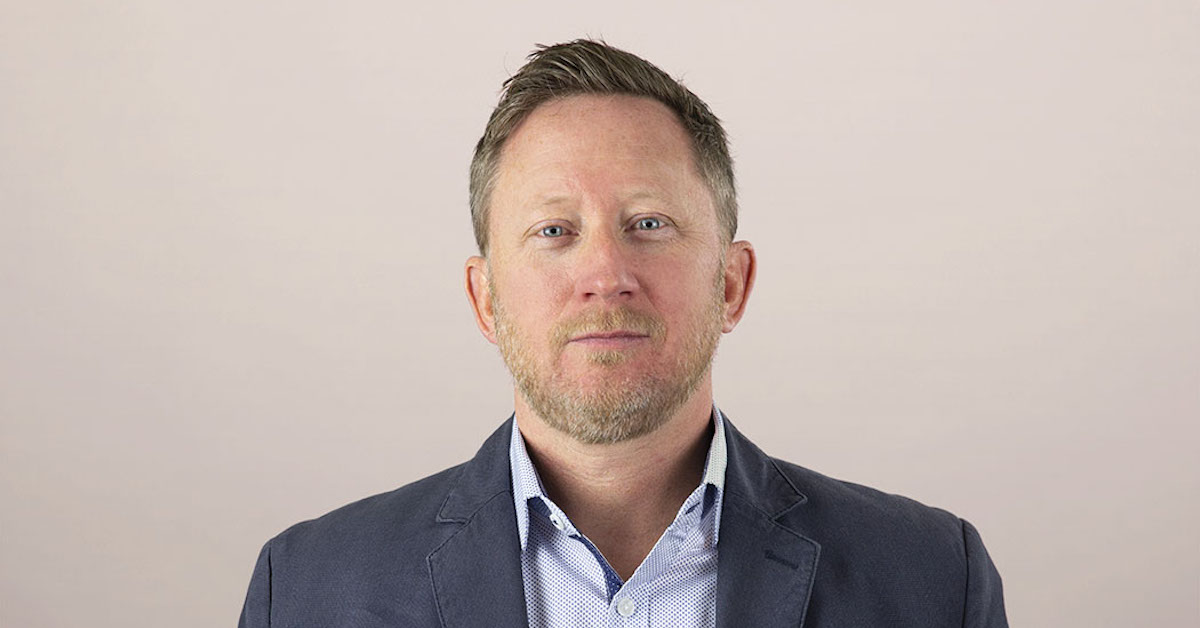No doubt your organization is actively planning or, more likely, already implementing climate action plans and environmental sustainability performance improvements. But good intentions aside, these initiatives will ultimately fail without strong leadership. This is where the chief sustainability officer (CSO) comes in: leading the team that plans, executes, and monitors corporate sustainability initiatives.
Over the past 12+ months, I’ve been interviewing heads of sustainability at firms across multiple industries and geographies. The key takeaway from these interviews? Urgency to act isn’t enough; success requires a clear plan. Or, as Rohini Behl, head of sustainability at L’Oreal, noted, “It’s no longer about making the case for change at this point; our staff at all levels are now looking for clarity on actions they should take to contribute to the organization’s broader sustainability goals.”
In a forthcoming Forrester report, I’ll share key lessons from the field for successfully driving climate action and improving environmental sustainability practices. But in honor of Earth Day 2023, I want to highlight several key insights from successful CSOs:
- Prioritize efforts and initiatives for maximum effect. Environmental sustainability is an incredibly broad topic, especially if your remit extends beyond environment to include social and governance (ESG) goals. A successful CSO reduces the noisy conflicting priorities and effectively manage and narrow the scope to environmental sustainability specifics. As Sreepadaraj Karanam, vice president, sustainability & CSR at Bridgestone Asia Pacific noted, “Sustainability is too broad to apply to all aspects of business strategy. Define what sustainability means to your organization specifically and why you are doing it.” Firms like Nestle, Zurich Insurance and H&M leverage a materiality matrix as a starting point, identifying and communicating what’s important to internal and external stakeholders.
- Communicate early and often to secure and maintain buy-in. A key challenge for CSOs is balancing a clear urgency to act with the time required to drive real culture change, so communication is key. Rebekah Cain, chief sustainability officer, Bank of New Zealand (BNZ), says, “Have realistic plans with clearly attainable goals, communicate those plans clearly, and deliver on them, or you will lose credibility, which is incredibly hard to regain or rebuild.” Start by finding your champions, those with passion for environmental sustainability, and actively engage them and leverage their passion to help drive positive action. Cain advises CSOs to build their networks internally before they start pushing change. Take the time to bring people along, even if that means more upfront effort. “Everyone needs to understand the ‘why’ so that you can leverage their expertise and solicit their input into the ‘how.’”
Want to learn more about how to succeed as an CSO? Be on the lookout for the new report and schedule an inquiry with me.
Guest Author: Michael Barnes (pictured at top) is VP and research director at Forrester Research Inc. Read more Forrester blogs here. More: Read all guest blogs here.




